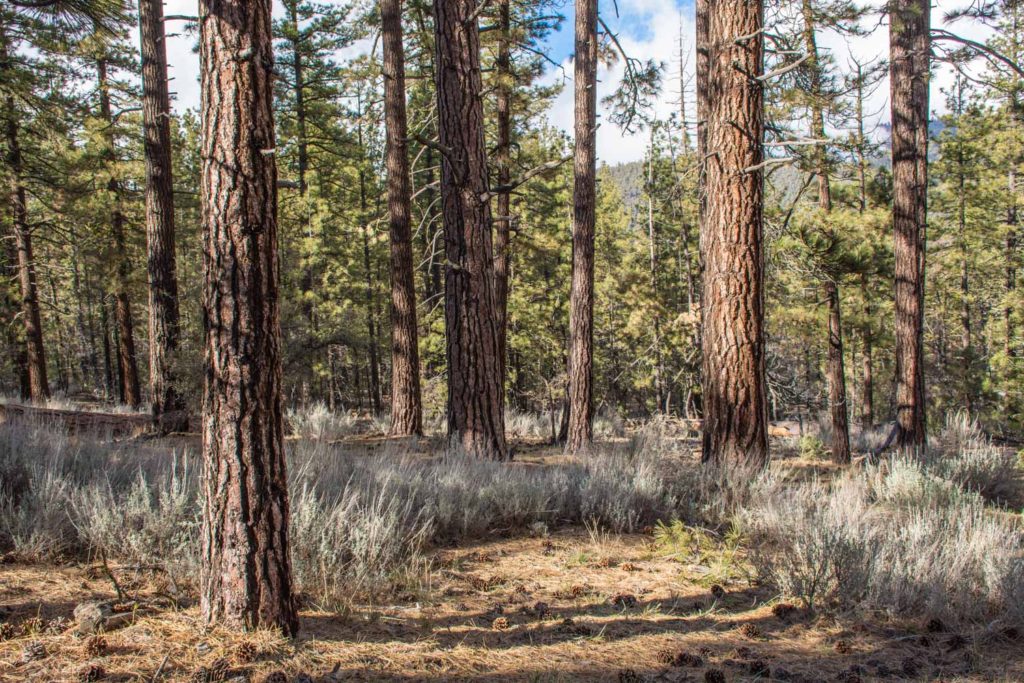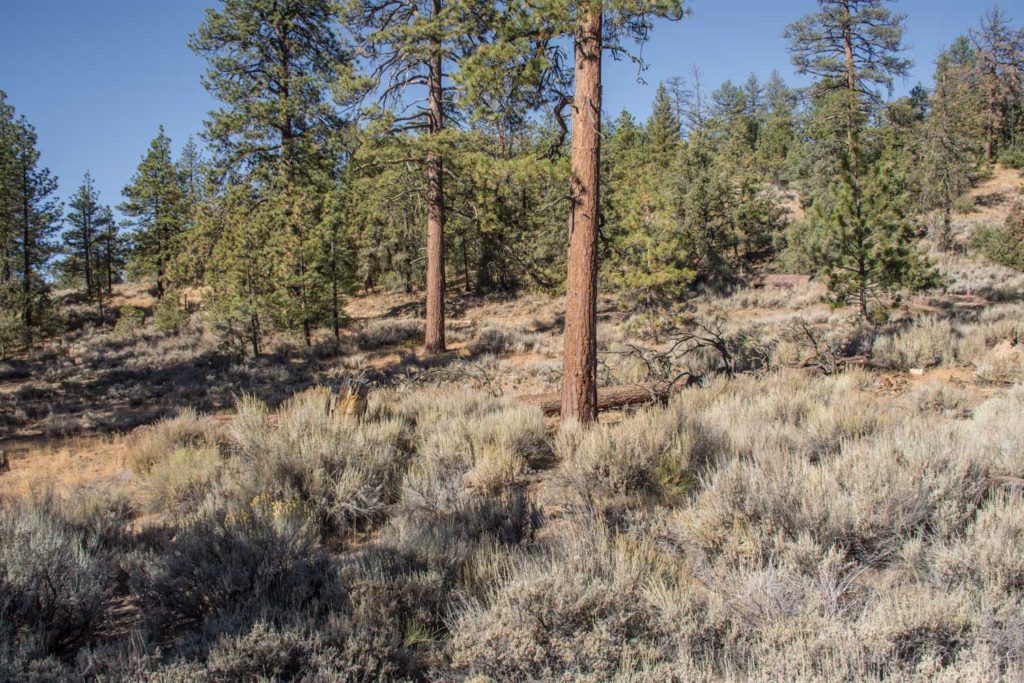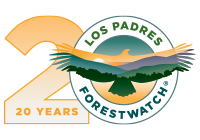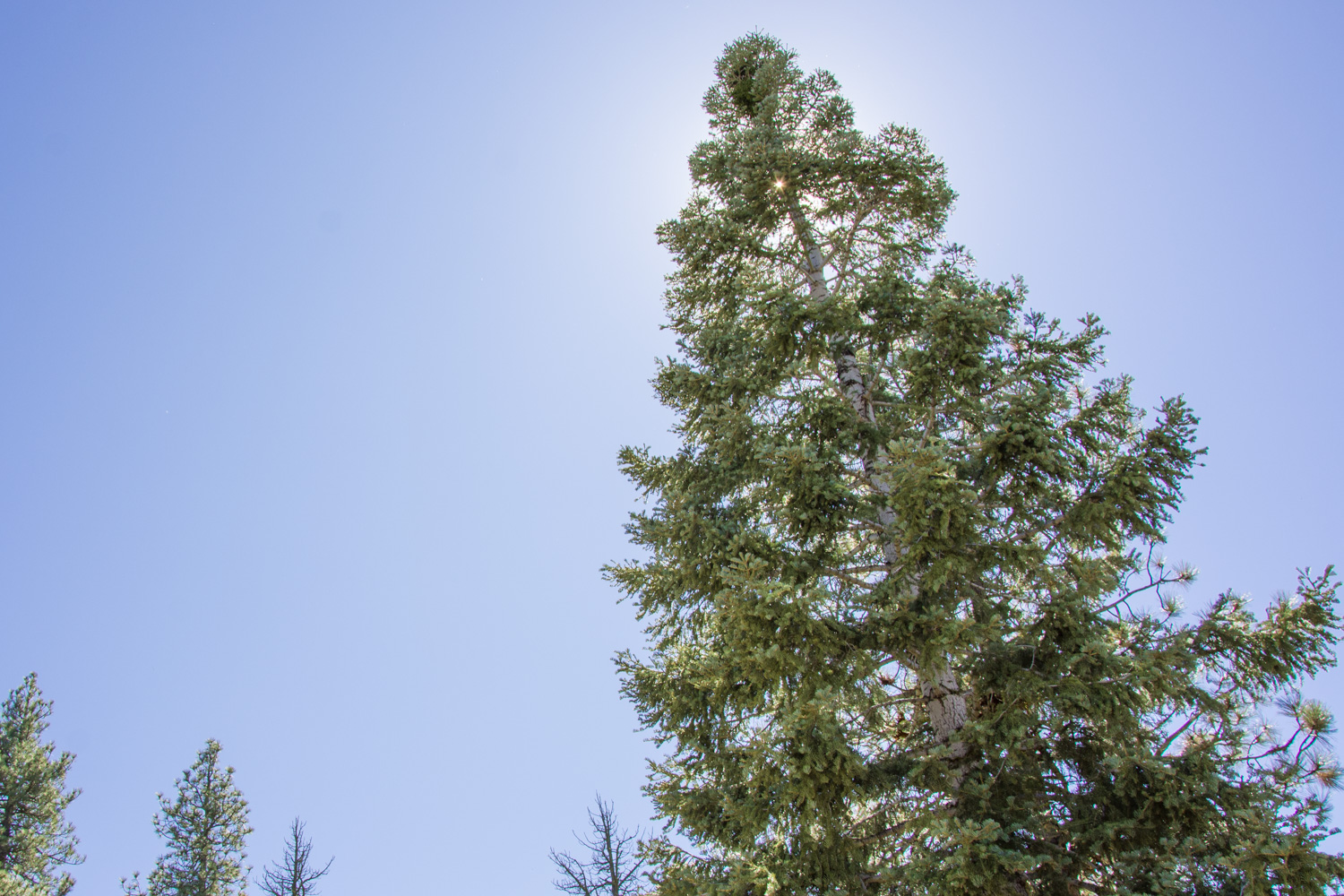
Over the holidays, ForestWatch and our allies presented arguments in two cases to the Ninth Circuit Court of Appeals in San Francisco. The cases will decide the fate of two commercial logging projects in the Los Padres National Forest and may have wide-ranging effects in national forests throughout the West.
The U.S. Forest Service approved the Tecuya Ridge and Cuddy Valley logging projects in 2018 and 2019 using a loophole allowing the agency to minimize public involvement and avoid the preparation of an environmental assessment. The projects were part of the Trump administration’s push to increase the amount of timber removed from national forest land.
Four groups—ForestWatch, Center for Biological Diversity, John Muir Project, and a neighborhood association called Mountain Communities for Fire Safety—then challenged the logging projects in federal court. We argued that the Forest Service loophole did not apply when endangered species like California condors may be harmed, or when there is significant scientific controversy, or when large old-growth trees will be logged from protected roadless areas.
The logging industry intervened in one of the cases, supporting the Forest Service’s position and citing to the economic injury its companies would suffer if the logging was delayed by environmental studies. Ultimately, the judges ruled in favor of the Forest Service and the logging industry, holding that the agency has wide latitude to decide when to apply the loophole. ForestWatch and our partners then appealed the rulings to the Ninth Circuit for further review.

Our legal team recently presented our arguments to two three-judge panels at the Ninth Circuit and anticipate rulings in both cases in 2021. The outcome will have wide-ranging implications and could overturn or uphold the Forest Service’s practice of expediting logging projects elsewhere in the Los Padres (e.g. Pine Mountain) and throughout the country. The Ninth Circuit has jurisdiction over millions of acres of national forest land in nine Western states, and its decisions often have nationwide implications for how environmental laws are interpreted.
The Ninth Circuit recently struck down a series of timber sales in the Mendocino National Forest. The court held that the Forest Service’s exclusion of these logging projects from environmental review violated the National Environmental Policy Act. And in a similar but separate case, the Ninth Circuit concluded that the Forest Service ignored data and scientific studies showing that logging can increase fire risk. Both rulings will be helpful to our case.
For one of the appeals, we are represented by a powerful legal team led by attorneys Rene Voss and Matt Kenna, who specialize in challenging the Forest Service’s reliance on loopholes for commercial logging operations. The Center for Biological Diversity’s Justin Augustine, who has years of experience with similar cases in other national forests, is the lead attorney on our other appeal. Attorneys Doug Carstens and Michelle Black from the firm Chatten-Brown, Carstens & Minteer LLC are serving in a supporting role as local counsel.







Comments are closed.